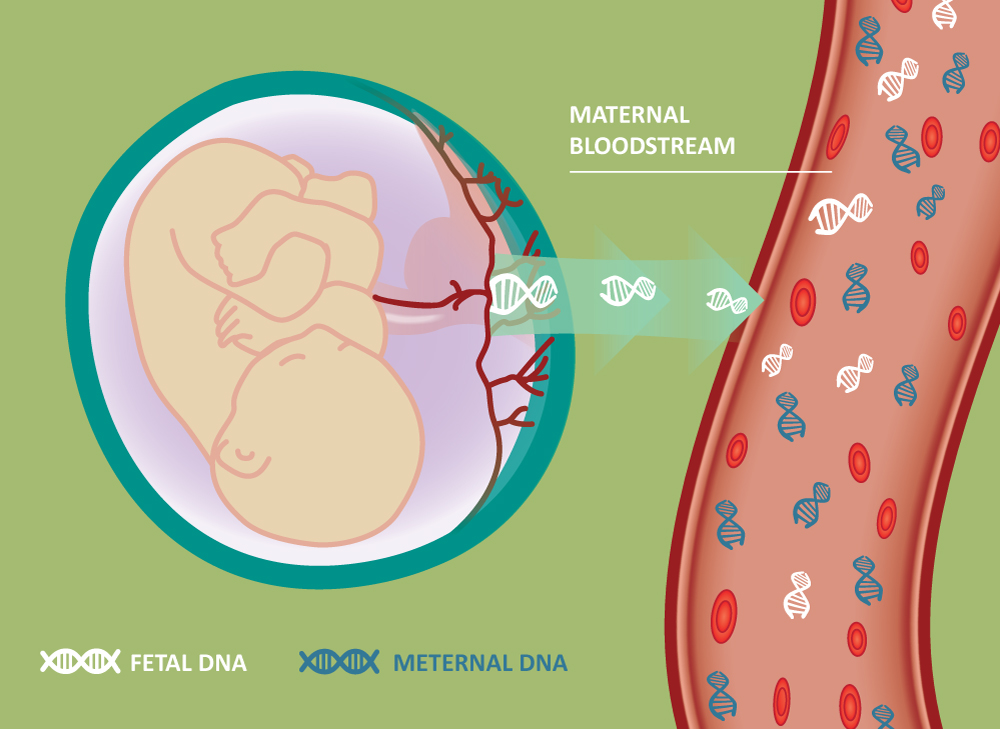

It does not give you a clear cut answer regarding chromosomal abnormality, simply an idea of whether you are high or low risk.

Does the scan have to be done at exactly 12 weeks?įor this test to be accurate, the check-up must be done between 10 and 14 weeks. Babies with abnormalities tend to accumulate more fluid behind the neck and have absent nasal bones. The ultrasound scan checks that the baby is growing well, but its main purpose is to look at the translucent or clear space in the tissue at the back of your baby’s neck, hence the name ‘nuchal translucency scan’. In order to understand whether the Harmony Test is worth taking, it’s important to know what the standard 12-week screening involves. What is the standard 12-week screening test? Most commonly known as the Harmony Test, so here’s everything you need to know about the screening. However, non-invasive prenatal testing (NIPT) is now available in the UK. But these are not without their risks, and involve and invasive procedure where tissue from the placenta or fluid from the around the baby is taken and tested. If the results of these screening tests come back as ‘high risk’, more diagnostic tests such as as chrorionic villus sampling or an amniocentesis will be offered. This is also known as the dating scan, as it’s the time the baby’s expected due date will be revealed.Īt this point, a combined screening test is carried out to help detect the risk of the baby having a chromosomal abnormality, such as Down’s Syndrome. The scan includes an ultrasound, where jelly is rubbed onto mum’s tummy and sound waves are used to produce an image of the foetus. This is because a screening test is carried out at 12 weeks to check all is well with the baby during the first trimester of pregnancy. Most women opt to wait until that all-important 12-week scan before making their big announcement. All other product names and trademarks are the property of their respective owners.The Harmony Test: Everything you Need to KnowĪnnouncing a pregnancy is an exciting time, but there’s often concern about when to share the happy news with friends and family. HARMONY is a trademark of Roche in other countries. HARMONY and HARMONY and Design are trademarks of Ariosa Diagnostics, Inc. The Harmony CE-IVD Kit is not available for sale in the United States. The Ariosa cell-free DNA System (AcfS) is only available outside of the US. This testing service has not been cleared or approved by the US FDA. The Harmony Prenatal Test was developed, and its performance characteristics determined by Ariosa Diagnostics, Inc., a CLIA-certified and CAP-accredited clinical laboratory in San Jose, CA USA. Before making any treatment decisions, all women should discuss their results with their healthcare provider, who can recommend confirmatory, diagnostic testing where appropriate. Harmony does not screen for potential chromosomal or genetic conditions other than those expressly identified in this document. The Harmony Prenatal Test is a non-invasive prenatal test (NIPT) based on cell-free DNA analysis and is considered a prenatal screening test, not a diagnostic test.


 0 kommentar(er)
0 kommentar(er)
